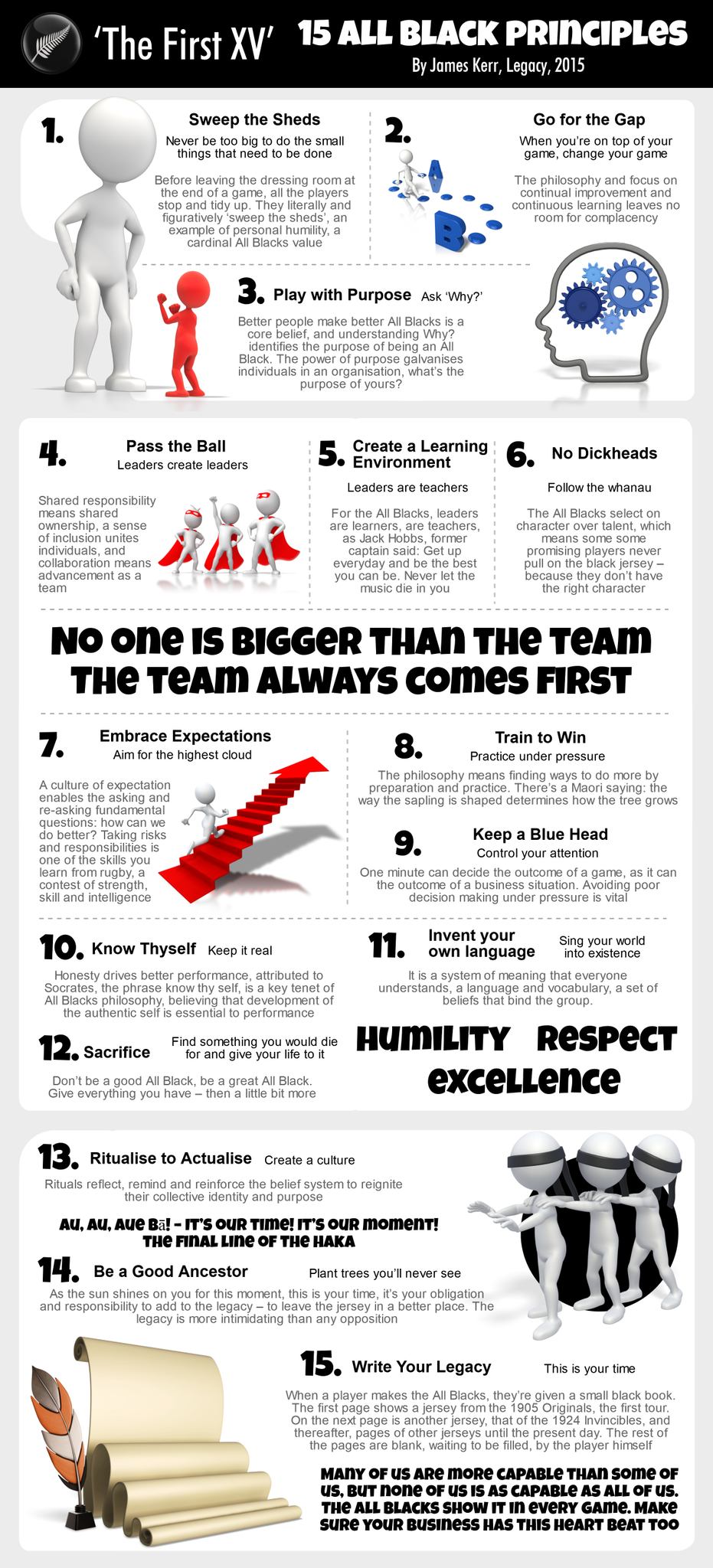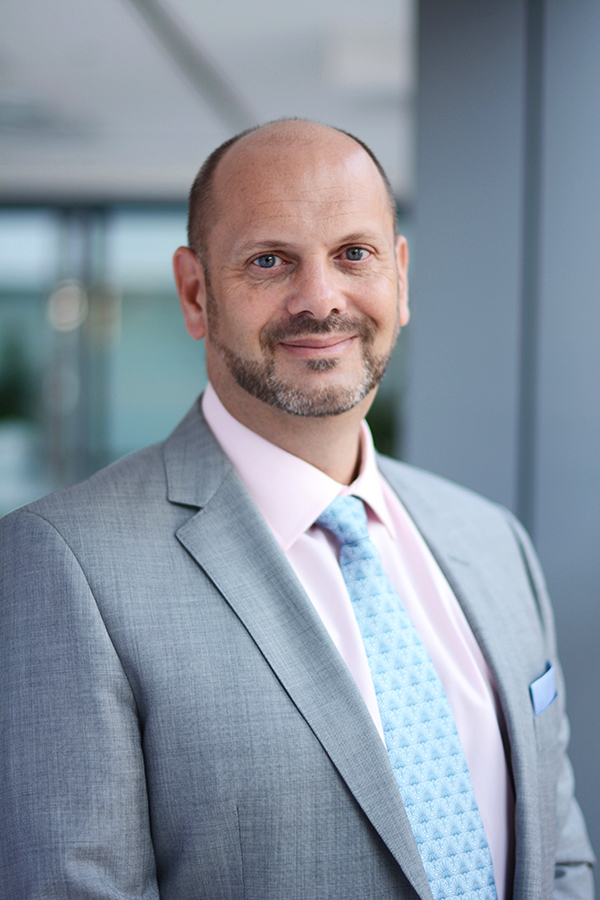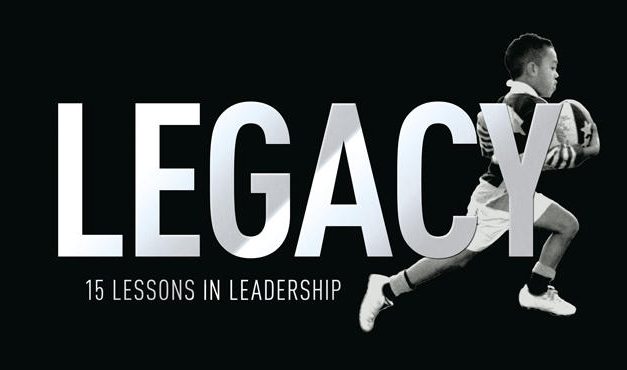Sports leadership helps me to reflect on the many and uncanny paralells between running a company, a division, a, department, or an office and just how similar it is to running a success sport team. So much has been written about both team and individual talent in sports and business they are almost universally interchangeable.
Following another summer of heroic individual and team efforts in sports, we have a new season upon us and currently approaching the finals of the Rugby World Cup. So what are the major themes we will see in the 2019/2020 season of sports that we can use to inform leaders and leadership in order to get the most out of our people, on and off the pitch.
In the James Kerr book, Legacy, which documented the All Blacks philosophy it charted the behaviour of the world most successful sports team and what made them special. Many records have fallen to the New Zealand All Blacks and even though they are out of the 2019 Rugby World Cup in Japan they are still held up as the best team in the world.

So here is my forward pack of 9 leaderships lessons from the Rugby World Cup, Japan 2019
1.Money is not everything. (Wales)
Now in professional sport, more than ever, money runs the game. In sport as in business there is no price or match for passion, pride, inspiration and motivation. As a leader all of these tools are freely available to you and if you can tap into each of your team or players intrinsic (look it up) motivation you have unlimited potential at your disposal.
2. Big is not always best. (Japan)
Again in RWC 2019 we say the Japanese team take on the world and win. They maybe not the biggest nation, people or team but they were the fastest and were unable to run around and out fox the competition. What they lack in size they make up for in heart, grace, skill, style and speed. So being a big organisation often means you are less agile and less nimble than your competition. Think Japanese.
3. Absent leadership is worse than micromanagement (Australia)
Micromanagement and focusing on the detail can be really important in business and sports, but having a lack of leadership, vision, inspiration or direction is the worst kind of leadership. Man up, even when it tough, communicate, support and inspire however tough it maybe.
4. What is the point of profit without a purpose. (South Africa)
Profit is important in business as in winning in sports. Would you rather win the quarter or the half in sports or business or win the game. Even if you win the game, so you win the season or the next season. As a leader it maybe about the short terms financial gains, and profit over purpose, but the infinite game is the game of legacy, legend and longevity. If you cannot win everyday today, build for the future.
5. Individual stars, do not make a team. (France)
No individual player on a team or in a company makes a team or company. Its called a team or company for a reason. So should a leader or CEO should be bigger than than the team. Ego can be the killer of many a great team, as many a great company. We Work being a current case in point. Build teams and support individuals to shine but not outshine their team mates. A collection of players, however talented, not playing as a team, will tend to fail or imploded or both.
6. Your bench is as important as those on the pitch. (England)
England run and play a concept of starters and finishers, not players and reserves. Sometimes you need a different game plan. Companies need builders, fixers and maintainers depending on the business cycle. So know your team, their strengths, where and how they thrive, and who will get you out of a hole. Who can win you the game whatever the situation.
7. Data Analytics is critical to predict the future. Kaizen (Ireland)
In sport and business we thrive on data. Data is critical to make small or big adjustments or decisions on and off the pitch. Its great to analyse your past performance but not at the expense of your future plan of attack. Make a 1% difference in 100 areas will change your game completely.
8. Play the long game. (New Zealand)
At least 3 players, Rory Best, Alun Wyn-Jones and Kieran Reid passed record appearances for their countries at the World Cup and all have been at the last 3 competitions over 12 years. So these are stalwarts, legends and leaders that have played the long game, the hard yards, the consistent, long terms performers thats are there through good and bad and grind out more than anyone else. How many other players will come and go. You need them on your team and in business too. They are the bedrock of any company, not the glory boys in the backs that pick up the spoils and accolades.
9. Adapt to the conditions. (Scotland)
In Japan the weather has factored heavily and interupted several matches. Severe humify and rain was something new to contend with, Therefore several teams not used to the humify started covering the balls with washing up liquid in practice to replicate the conditions. In business and leadership, change in market conditions is a constant. Learn to shake it up and in words of Welsh Legend – Johnathan Davies – “play what you see in front of you”.
We will watch the Semi finals unfold (and hope for a England v Wales Final) and then see of there are another 6 leadership lessons to add.
Feel free to share to any Rugby loving, leadership loving contacts. Cmon England and Wales!


